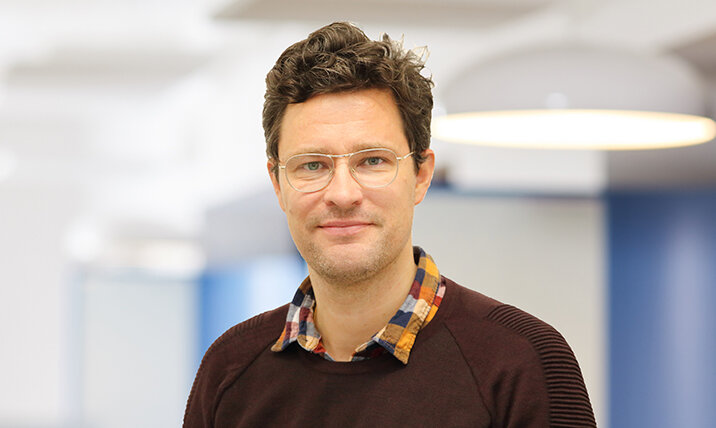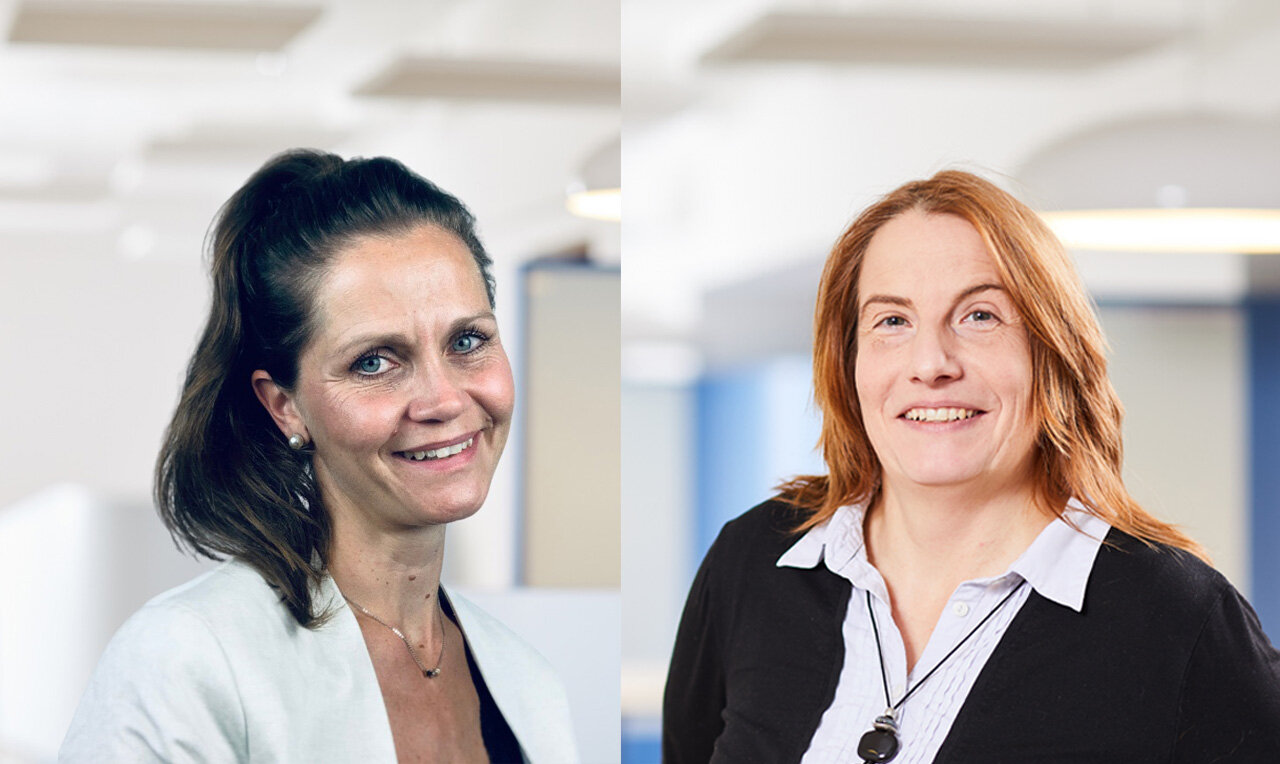B.A. Inclusive Education
Course description
Inclusive Education is offered as a consecutive Bachelor-to-Master’s program. This program empha-sizes clinical and professional training in conjunction with academic education. The Inclusive Educa-tion program at the Catholic University of Freiburg is committed to preparing graduates to excel in their chosen field.
- The curriculum consists of 26 modules, subdivided into specific areas, each addressing a specific competency
- Key competencies for the prevention and intervention in the life cycles of individuals with dis-abilities and disadvantages in accordance with the International Classification of Functioning, Health and Disability (ICF) of the WHO, include;
- social considerations and education
- development and therapy
- diagnostics and didactics
- consultation and organization
- rehabilitation and assistance
- ethics and communication
- the professionally oriented program applies the teaching methods of inclusive education, which ensures the transference of theory into practice
- Mentoring and individual support throughout the study
- integrated practical phases and the practical semester
- National and international practical experience and research projects
- Graduates with a Bachelor in Inclusive Education can immediately commence postgraduate study at the Catholic University of Freiburg in the Master’s program, Inclusive Education.
Further information
Within the Bachelor program students can choose to specialize within inclusive education. Prior to applying interested applicants must choose one of the following majors:
- Supported communication
- Art therapy
- Disability – education and assistance
- Play therapy and development support
All students in the Inclusive Education Bachelor program complete 174 credit points of the total number of 210 as a group. 36 credit points are allocated for students to focus on their chosen major.
Depending on the major, at least 20 weeks are spent working (normal working hours) in a suitable institution for vocational practice in the 3rd semester (practical study semester).
In addition to the practical semester, practical components are integrated into the curriculum according to the student’s major; these take place in our Inclusive Education Walk-in Clinic.
Career prospects are diverse but graduates usually find employment in the disability and youth outreach programs as well as in the health sector and in care for the elderly:
- inclusive education centers
- residences and residence groups for individuals with disabilities
- workshops for individuals with disabilities
- rehabilitation institutions for individuals following an accident or serious illness
- special needs preschools and integrative preschools
- early childhood advancement centers
- social pediatrics centers
- inclusive education day groups or day workshops
- social upbringing and family advice centers
- adolescent institutions
- training and further education centers
- inclusive education practices (such as cooperation with pediatricians and speech therapists, occupational therapists or physiotherapeutic practices)
- child and youth psychiatry practices and semi-permanent institutions.
Information for applicants with a foreign citizenship applying for a degree at KH Freiburg you will find on application.
Information on how to find your way to the KH Freiburg as an exchange student you will find on exchange students.
You will find the general semester dates on Semestertermine (in German).
Academic requirements
- higher education entrance qualification, Fachhochschulreife (education entrance qualification for universities of applied sciences) or subject-linked higher education entrance qualification
or
- Applicants without a primary higher education entrance qualification or an education entrance qualification for universities of applied sciences have the opportunity to be admitted through successful completion of an aptitude test or with an extended university admission (special regulation for qualified working professionals):
- In § 59paragraph 1–3, of the State Law on Education has established another means of admission to university for qualified working professionals without an aptitude test. Nurses and workers in a health care profession who can give evidence of 400 lessons of advanced training in addition to their exam-ination can apply for admission. These applicants are required to attend counselling offered by the university.
Any questions? Don't hesitate to contact us!

Florian Kiuppis
